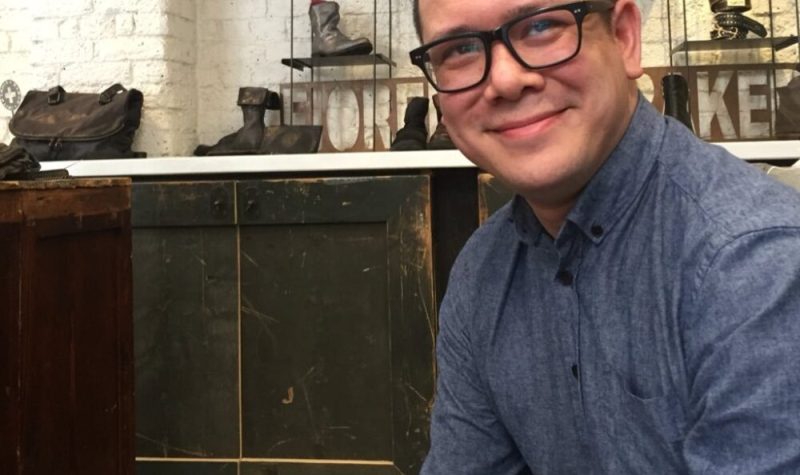By David P. Ball
---
Despite many organizations and health providers "working valiantly" to support British Columbians with mental illness or substance use, the CEO of the leading mental health advocacy groups says 2021 will require a major "push back" against both stigma and inadequate and inaccessible care.
Jonny Morris, CEO of the Canadian Mental Health Association BC, talked to The Pulse on CFRO about what governments must do in 2021 to strengthen the often inaccessible patchwork of mental health services—and make them affordable—for people struggling during the COVID-19 pandemic.
He said that there are many people working to support British Columbians with mental health issues, but the system overall is still inadequate.
"There are still reports of people experiencing ... way more difficulty navigating, accessing, waiting, and finding care within the mental health and substance use systems," Morris said. "Many have argued over the years the mental health system is the poor cousin to the broader health system. And then the substance use system and addiction treatment is the poor, poor cousin.
"We're advocating for substance use and mental health care put on a much more equal footing with physical health care. They're not the same, but they're so interconnected," he added.
Since the start of 2021, Downtown Eastside advocates, including Pivot Legal Society and the Vancouver Area Network of Drug Users, have raised alarms about a series of police shootings of people in apparent mental distress in the neighbourhood. One on Jan. 5 was fatal, sparking an angry outcry from neighbours and friends, and questions about how the man, known as "Chester," was unable to access supports he needed before police were called in and shot him multiple times while he was naked and allegedly carrying a bladed weapon.
And a study conducted in partnership between CMHA and UBC found a record-high number of Canadians have self-harmed, or had suicidal thoughts, since the onset of the pandemic.
Morris said he has been in contact with the provincial NDP government's new mental health and addictions minister, Sheila Malcolmson, and said if he were to advise her on improvements needed, that different levels of government need to "listen deeply, to listen carefully, and to centre policies on the experiences of folks who live with mental health problems or substance use problems, who are the best positioned to point to how the system, services and supports need to change."
Morris also said a significant effort remains to end societal attitudes against people with mental illness and substance use.
"And we still have to push back on the experience of stigma — it's not always easy to ask for help. Sometimes there are consequences for asking for help, or it's not there when you need it, or you're deemed 'not sick enough' to receive care. All that work lies ahead of us."
If you are in distress, you are not alone, and can find help at the Crisis Centre of B.C. online, or by phoning toll-free their confidential suicide help line at 1-800-784-2433. For those struggling with anxiety, depression and mood, the CMHA offers an online, free program called Bounce Back.


